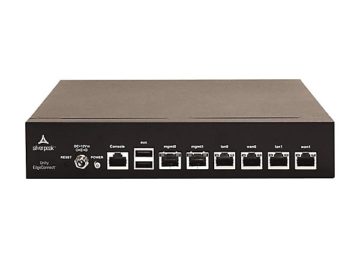 Node4, the UK-based cloud, data centre and communications provider, has launched its Services Gateway.
Node4, the UK-based cloud, data centre and communications provider, has launched its Services Gateway.
Designed to help customers realise the value of digital transformation, the Services Gateway allows them access IT infrastructure and solutions. All solutions are underpinned by Node4’s end-to-end infrastructure including tier 3+ data centres, core network, cloud and collaboration platforms.
The Services Gateway also allows Node4 customers to benefit from hybrid solutions, supported by partners including Office365, AWS and Microsoft Azure to make sure that applications and workloads are on the most efficient infrastructure.
Paul Bryce, Chief Commercial Officer, Node4 said: “Node4’s history of owning and running data centres, including our cloud platform, gives customers the option to either host with us physically or in the cloud. It gave us the pedigree to then build our network, on which we can now offer customers a gateway to leverage multiple services across the Node4 portfolio as well as other providers.”
“Our Services Gateway supports customers in placing their workloads on the right infrastructure while maintaining control, backups, continuity and security,” he said.
The Services Gateway allows customers to easily transition to a digital environment, without the risk or costs associated with making all legacy equipment redundant at once. By taking a customer’s legacy hardware and moving it into Node4’s environment, customers can access new services alongside their existing infrastructure.
Node4 can also support customers that want to modernise legacy applications.
Bryce said: “Node4 can work with customers, developers and application support teams to review existing applications and see if they are suitable for containerisation. Containerising legacy applications not only allows customers to deploy applications on modern operating systems and infrastructure such as the Node4 Cloud but it supports a reduction of on-premise legacy server footprint, by removing the requirement to support old hardware and out of support operating systems.”


















